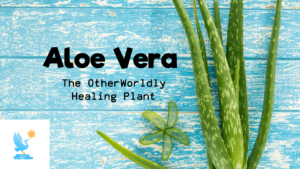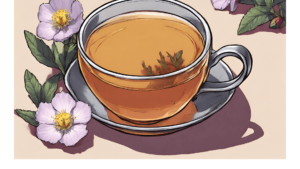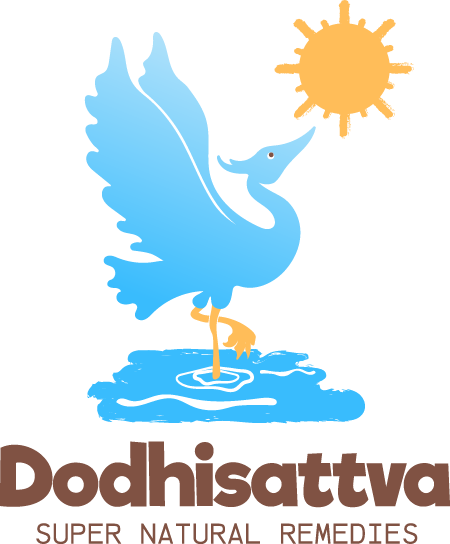How To Utilize Coffee To Your Advantage
Could Coffee really be something that promotes health and well being?
Well let’s take a look at where coffee comes from and it’s history for a brief moment.
Coffee is a beautiful, lush tree that grows in the tropical climates. It produces a gorgeous red fruit when ripe.
When I lived on a 5 Acre Organic Coffee Farm in South Kona, Hawaii I had the opportunity to care for the coffee trees and learn how to harvest and prepare coffee for consumption.
If we look at the history of the use of Coffee we see it has been utilized for healing the body.
How? Well it is utilized to intake rectally as an enema.
Yes, I know some of you are squeamish to this idea however many Doctor’s have had success treating people with Cancer and other dis-eases by utilizing the Holy Coffee Bean!
I have written post’s about the coffee enema in the past and those of you whom have been following the blog have learned how to make a powerful coffee/herbal enema liquid.
The main key here is that we experience a blood cleanse when the coffee circulates through our liver every 3 minutes.
We are cleaning the blood of toxins and debris. We are giving the Liver an opportunity to let go of accumulated toxins.
The biggest concern is to make sure your coffee is free of mold and mycotoxins.
Coffee can easily have mold on it even if it is organic. You will want to find a company that is conscious of this. When you find this type of coffee it can actually be an incredible anti-inflammatory to the brain and body. This is a huge discovery!
Regular Coffee even bought at your high end coffee shop may in fact have mycotoxins and mold in undesirable amounts (including wet processed).
We have to be sure that clean coffee is the foundation when using for any application. The sense of jitters, headaches or feelings of up and down energy is an indicator we have a coffee that has mycotoxins.
So how do you find a superb high quality coffee with low mycotoxin?
- You want to ensure a light roast so that the beneficial properties of the coffee bean are left intact.
- You want to ask the company if this is something they consider when processing the coffee.
- Do they have a solid relationship with the grower?
- Is the coffee grown without pesticides and herbicides?
- Does the coffee test strong to the body, using kinesiology.
- Is the company sustainable and better yet local.
When you store your coffee be sure to freeze the coffee you will not be using in an airtight container.
When you are ready to use it put it in an air tight glass jar and leave in a cool, dark place. Bring out no more than a weeks worth portion from the freezer at a time.
So, that is it for today. I trust you will find these uses to be a bit more advantageous in utilizing the Sacred Coffee Bean.










